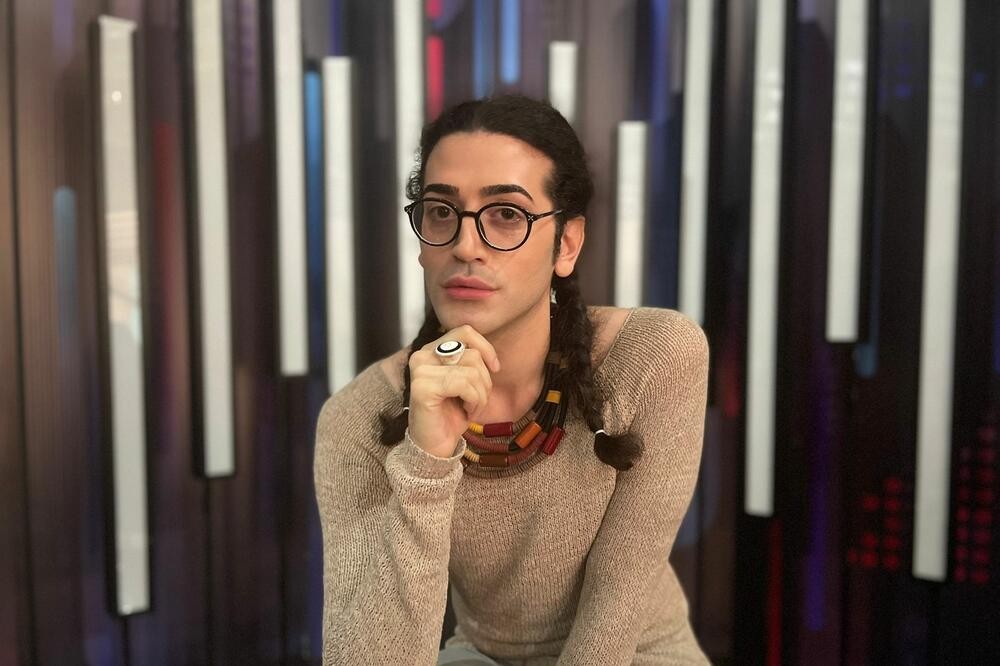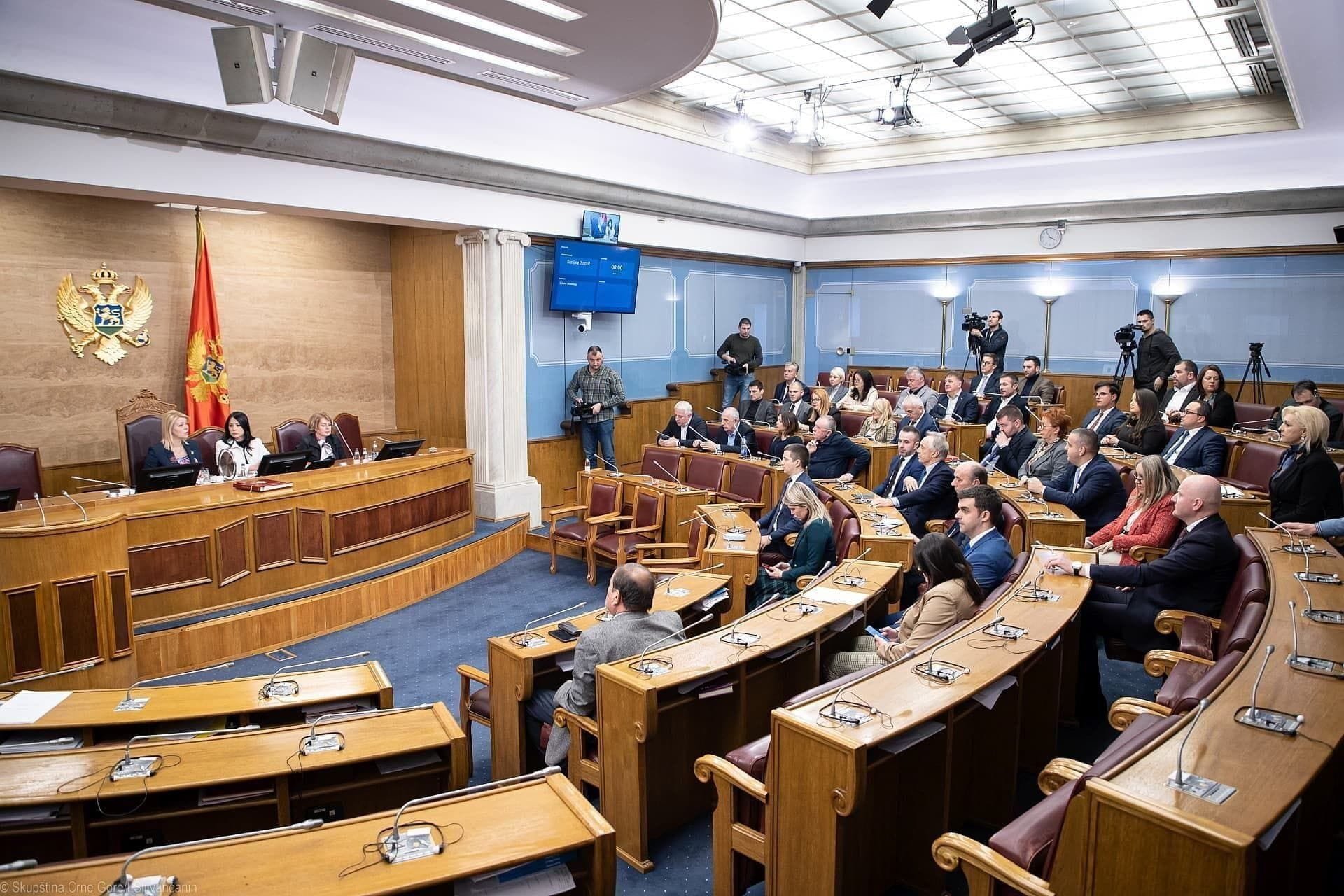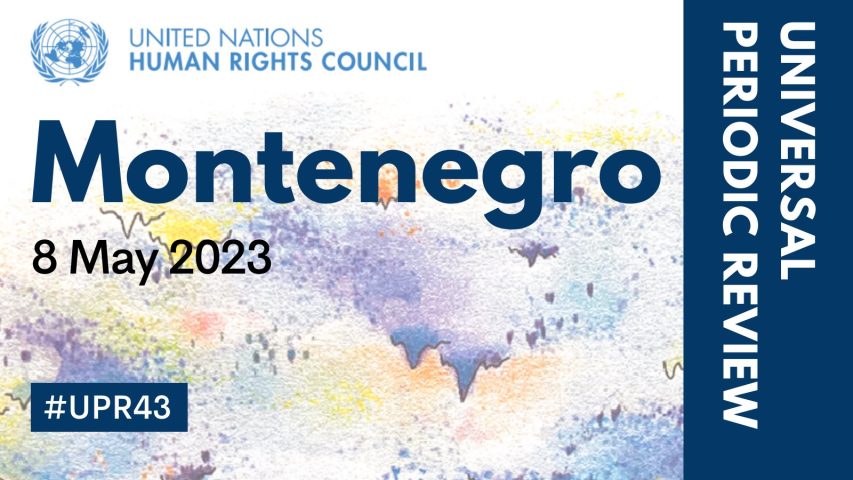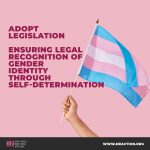
A lynching caused by personal style – Support for psychologist Petar Marković
08/05/2023
DISCRIMINATION OF FAMILIES OF THE VICTIMS OF ABDUCTION IN ŠTRPCI
10/05/2023UN ON THE STATE OF HUMAN RIGHTS IN MONTENEGRO

Izvor: Ujedinjene nacije
The Human Rights Action is encouraged by the recommendations that numerous member states of the United Nations gave Montenegro yesterday, on the occasion of the fourth Universal Periodic Review (UPR) on the state of human rights in the country. All three topics to which the HRA drew attention at the pre-session in Geneva on 5 April of this year were particularly highlighted: the need to strengthen the independence of the judiciary, to effectively prosecute torture, and to punish war crimes and compensate the victims.
Since this is the third round of mainly repeated recommendations (since 2014), we expect that the state will now accept them and that the new Government, unlike all the earlier ones, will begin their comprehensive implementation.
Montenegro was recommended to continue the reform in order to establish an independent and depoliticised judiciary, and there was also the request that the country fulfil all the remaining recommendations of the UPR, GRECO and the Venice Commission. The need to fill vacant positions in the judiciary was pointed out as well.
In the field of torture, it was requested that effective investigations be conducted by an independent body, and that all abuses of police powers be punished. It was proposed that victims of torture be given access to justice, and that all police officers suspected of these crimes be suspended for the entire duration of the proceedings.
Furthermore, it is necessary to harmonise the definition of torture with Article 1 of the Convention against Torture and provide training for police officers, prosecutors and representatives of the judiciary on the topic of prevention.
Montenegro was also recommended to investigate, prosecute and punish war crimes in accordance with international standards, especially based on command responsibility. The state is also required to compensate all victims of human rights violations.
Of the 87 countries that gave recommendations to Montenegro at yesterday’s session in Geneva, 24 offered them regarding the three above mentioned topics. Others concerned the suppression of domestic violence, minority rights, children’s rights, migration, etc.
The UPR is a unique process, which was initiated by the United Nations to improve the human rights situation in UN member states and resolve the issue of human rights violations in those countries. The process is led by the states themselves, in cooperation with the Human Rights Council which gives each country the opportunity to state what activities it has undertaken to improve the human rights situation and fulfil the obligation to respect human rights. The UPR process is designed to provide equal treatment of all the states – each is subject to review, and each can make recommendations. There is currently no other universal mechanism of this type.







 English
English